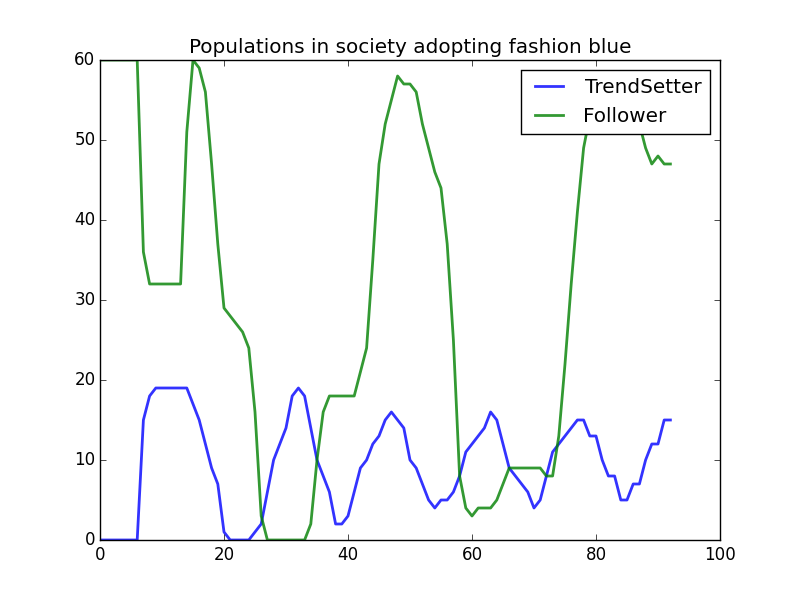Use Your Models, Don't Believe in Them!
I formulated this principle when I was programming mathematical models of financial markets. I noticed that my colleague who generated the models (that I then implemented) was never particularly attached to them. He would run them so long as they were indicating profitable trades, and then abandon them when they stopped. I was also writing Economics for Real People at that time, and grappling with the issue of the relevance of mathematical models in the economic world. Noticing the modelers attitude, one day I asked him, "Would you say that our practice is to use our models, rather than to believe in them?" "Absolutely," he replied. Mary Morgan's book reaches a similar conclusion.


